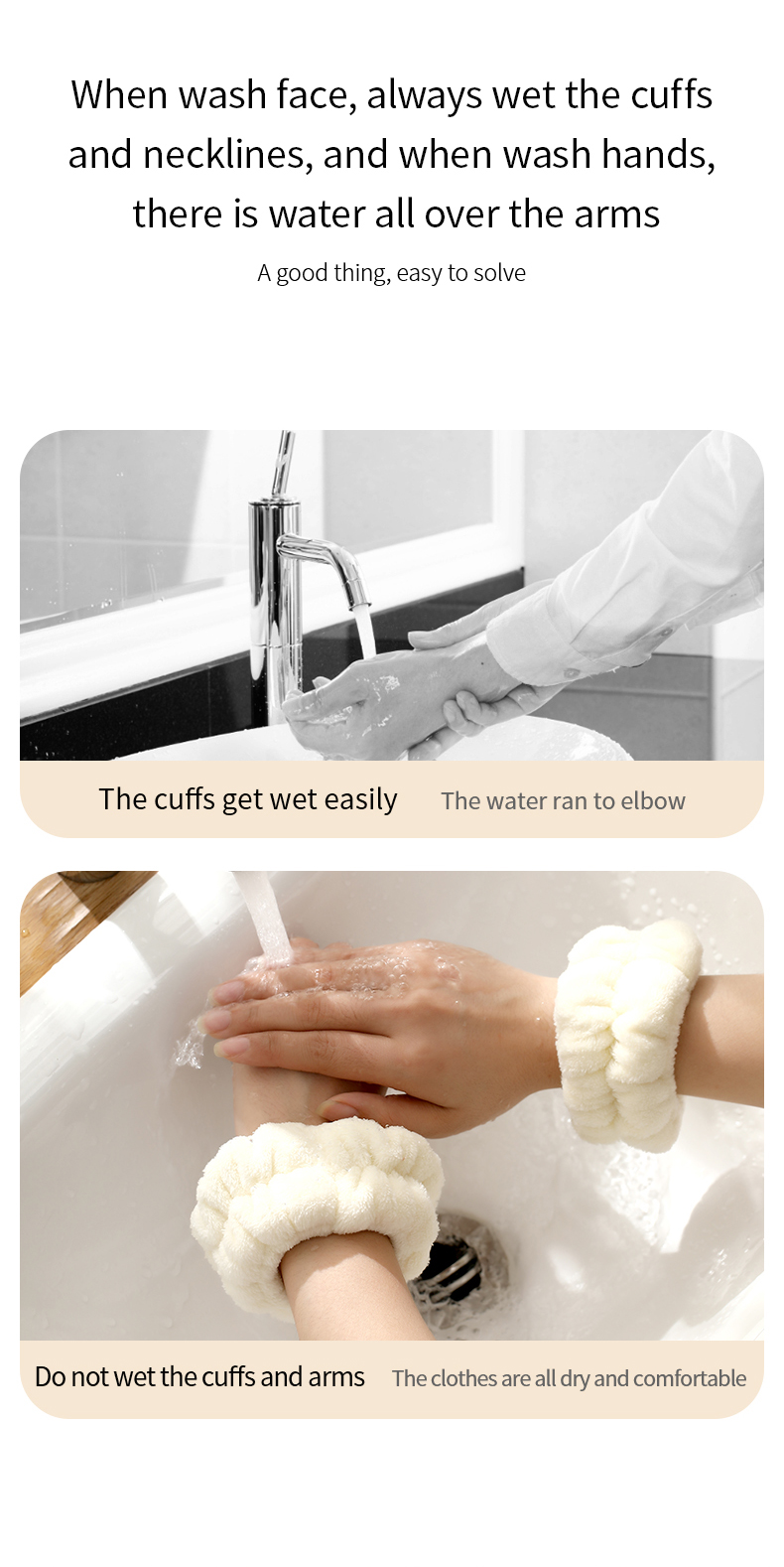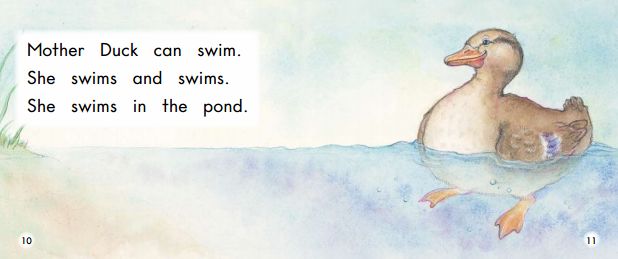Title: Can Duck Down Blankets Get Wet? How to Wash Them?
Can Duck Down Blankets Get Wet? How to Wash Them? Duck down blankets are known for their warmth, softness, and comfort. However, they can be delicate and require special care when washing. It is important to understand whether duck down blankets can get wet and how to wash them correctly to prevent damage to the fibers. Duck down blankets are not waterproof and should be washed in a washing machine with cold water on a gentle cycle. It is recommended to use a mild detergent and avoid using too much laundry detergent or fabric softener as these can leave residue on the blanket. It is also important to avoid wringing the blanket out or shaking it vigorously as this can cause damage to the feathers. After washing, the blanket should be air dried or tumble dried on low heat with no fabric softener. It is important to note that duck down blankets should never be dry cleaned or exposed to direct sunlight as this can cause them to lose their loft and become less comfortable to use. By following these simple steps, you can keep your duck down blanket in good condition for years to come.
Duck down blankets are popular bedding options due to their luxurious feel and warmth. They are often made from the feathers of ducks or geese that have been bred specifically for their down properties. These blankets can be quite expensive, so it's important to take good care of them to ensure they last. In this article, we will discuss whether duck down blankets can get wet and how to wash them properly.
Can Duck Down Blankets Get Wet?

The short answer is yes, duck down blankets can get wet. However, it's important to avoid getting them too wet as this can damage the feathers and reduce their warmth retention properties. It's also important to dry the blanket thoroughly after washing to prevent mildew growth.
There are several factors that can affect how wet a duck down blanket can get. First, the type of blanket you have may impact its water resistance. Some blankets are more water-resistant than others, so it's important to check the care instructions before getting the blanket wet. Second, the amount of moisture in the air can also affect how wet the blanket gets. If you live in a humid climate or if there is a lot of moisture in the air, your duck down blanket may become more damp quickly.
How to Wash Duck Down Blankets?
If you do need to wash your duck down blanket, there are several steps you should follow to ensure it comes out clean and looking like new. Here are some tips:
1. Check the care instructions: Before washing your blanket, make sure to check the care label to see if it can get wet. If it's not recommended, you should avoid getting it wet or dry cleaning it instead.
2. Sort through stains: If your blanket has any stains, it's important to sort them out before washing. Use a stain remover pen or liquid to help lift the stains before washing. Be careful not to use too much force when rubbing the stain, as this can damage the feathers.
3. Sort through colors: If your blanket has different colors, sort them out before washing. This will help ensure that colors don't bleed onto each other during the wash cycle. You may want to wash dark colors with like-colored items or white clothes so that they won't bleed out onto lighter items.

4. Choose a suitable detergent: When washing your duck down blanket, it's important to choose a mild detergent that won't damage the fabric or feathers. You could try using a gentle laundry detergent or even a specialized detergent designed for down bedding. Avoid using bleach or fabric softeners, as these can irritate the skin and cause discoloration.
5. Wash on a gentle cycle: To protect the feathers and maintain their shape, it's best to wash your duck down blanket on a gentle cycle with cool water. Avoid using hot water, which can cause the feathers to shrink and lose their loftiness. You may also want to add a few drops of white vinegar to the wash water to help kill odors and keep the blanket fresh.
6. Dry carefully: Once you've washed your duck down blanket, it's important to dry it carefully to prevent mold growth or damage to the feathers. Hang the blanket up to dry in a well-ventilated area away from direct sunlight. You could also consider using a low heat setting on your dryer or even air-drying the blanket if possible. Avoid using a dryer sheet or fabric softener when drying your blanket, as these can leave a residue on the fabric that may not be easy to remove.
Conclusion:
In conclusion, while duck down blankets can get wet, it's important to avoid getting them too wet as this can damage the feathers and reduce their warmth retention properties. When washing your duck down blanket, make sure to follow the care instructions carefully and choose a mild detergent that won't damage the fabric or feathers. Finally, be sure to dry the blanket thoroughly after washing to prevent mold growth and keep it looking and feeling soft and luxurious for years to come.
Articles related to the knowledge points of this article:
Title: The Art of Handmade Down Quilts: Crafting Cozy Comfort with Love and Care
Customized Single Duvet with Down: Cost Analysis
Title: The Price Range of Aoluofu Down Comforters: An In-Depth Analysis
Title: Unveiling the Allure of Uniqlos Down Comforter: A Comprehensive Review



